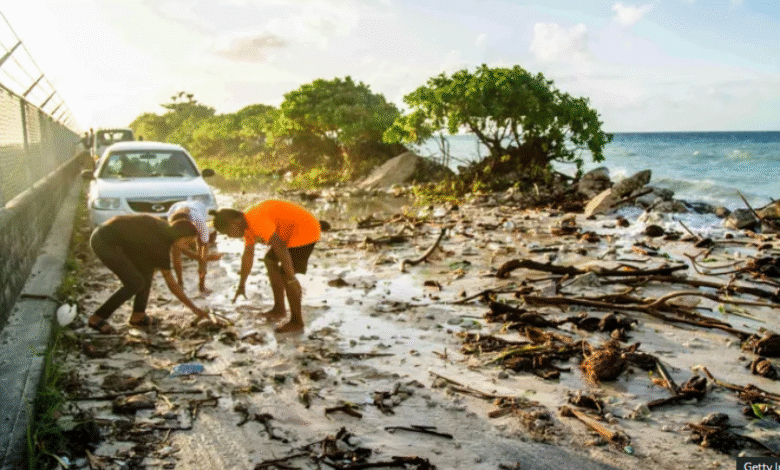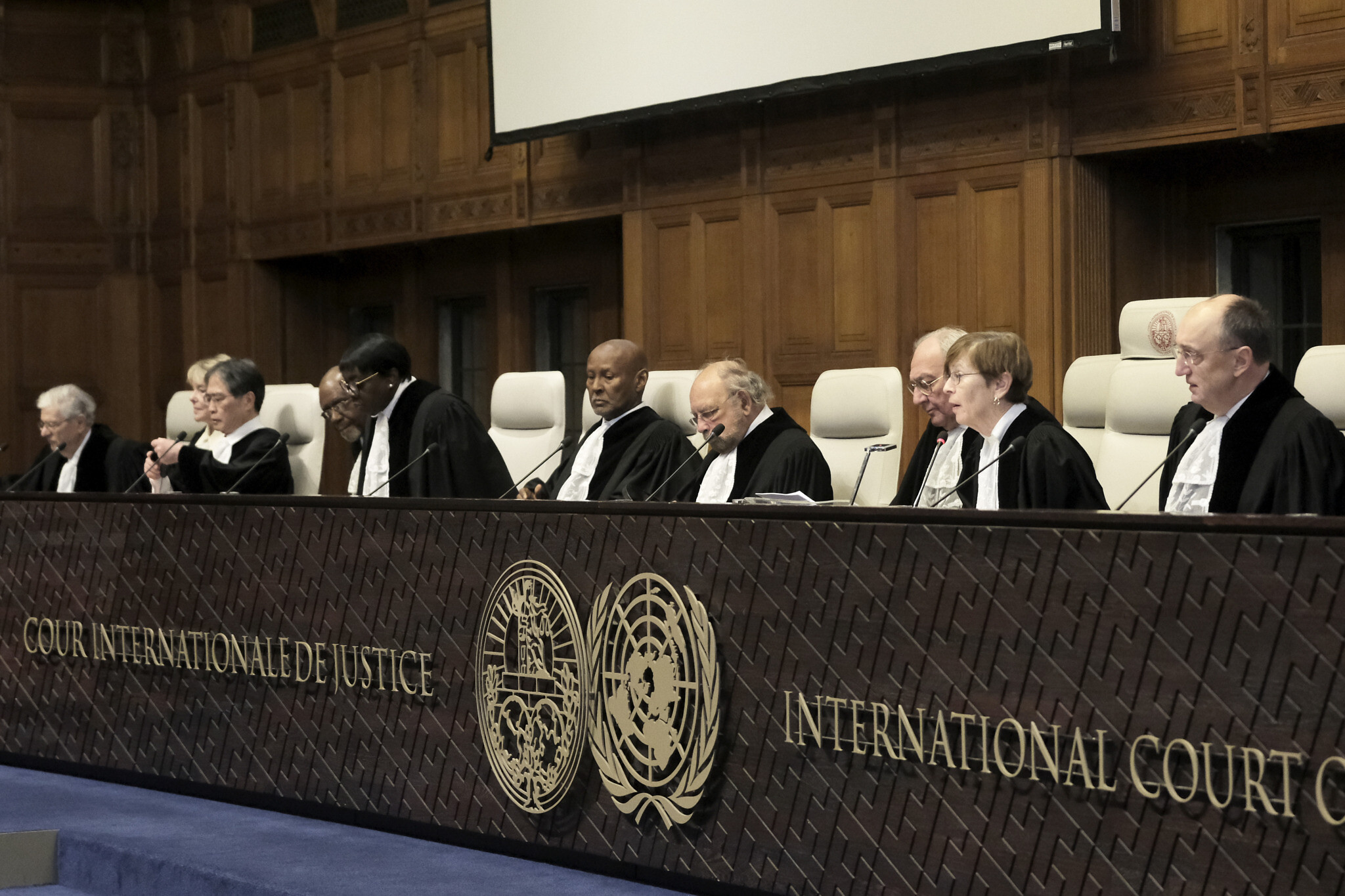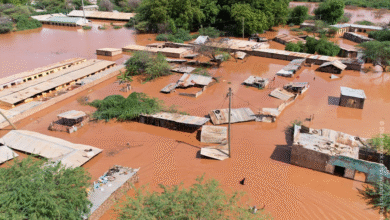Top UN Court Opens Door for Climate Compensation Claims, Raising New Hopes for African Economies

The International Court of Justice (ICJ) has ruled that countries can sue each other over climate change, including for historic greenhouse gas emissions, in a landmark decision that could have far-reaching implications for vulnerable economies.

The advisory opinion, issued in The Hague, affirms that countries suffering the brunt of climate devastation have a legal right to seek remedies and compensation. The decision is non-binding but is expected to influence courts and policy decisions worldwide.
For Africa, among the regions hardest hit by climate change despite contributing the least to global emissions, the ruling offers a potential pathway to recover billions in climate-related losses. Extreme weather events such as droughts, floods, and cyclones have cost African economies billions annually in damaged infrastructure, lost agricultural output, and displaced populations. With many nations already struggling under heavy debt burdens, the prospect of compensation could free up resources for climate adaptation, resilient infrastructure, and economic growth.
“This is a watershed legal moment,” said Joie Chowdhury of the Centre for International Environmental Law, adding that the ruling “affirms the right of vulnerable states to demand remedies for climate harm.”
Countries like Ghana, Kenya, and Mozambique, which face escalating adaptation costs, could now have stronger legal backing to demand support from historical emitters. Analysts believe that if even a fraction of climate-related damages is compensated, funds could be redirected to renewable energy, agriculture resilience, and infrastructure projects critical for long-term development.
The ICJ further ruled that governments are responsible for emissions from companies operating within their borders, meaning subsidies for fossil fuel industries and approvals of new oil or gas projects could breach international obligations.
Legal experts say the ruling could also reshape international trade and investment, forcing countries to account for climate liability risks. For African economies, this could mean both a stronger bargaining position in climate finance negotiations and greater pressure to accelerate clean energy transitions.
While enforcement remains uncertain, climate-vulnerable nations are already exploring new legal avenues to pursue compensation. “This is a victory for every frontline community fighting to be heard,” said Flora Vano from Vanuatu, one of the nations leading the case.
With climate adaptation costs in Africa estimated to exceed $50 billion annually by 2030, the ICJ ruling provides renewed hope for funding that could unlock economic resilience and secure a more sustainable future for millions across the continent.




